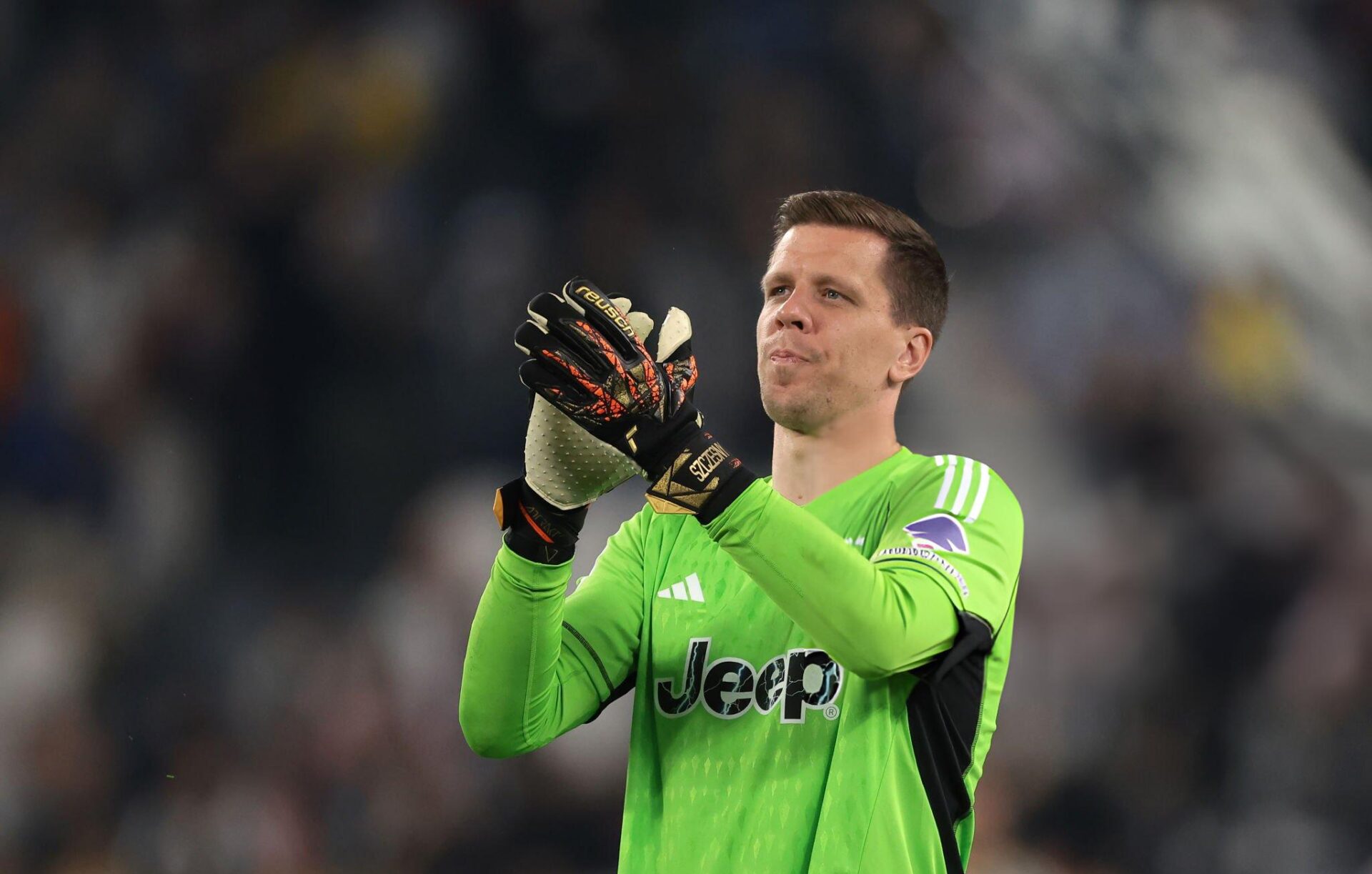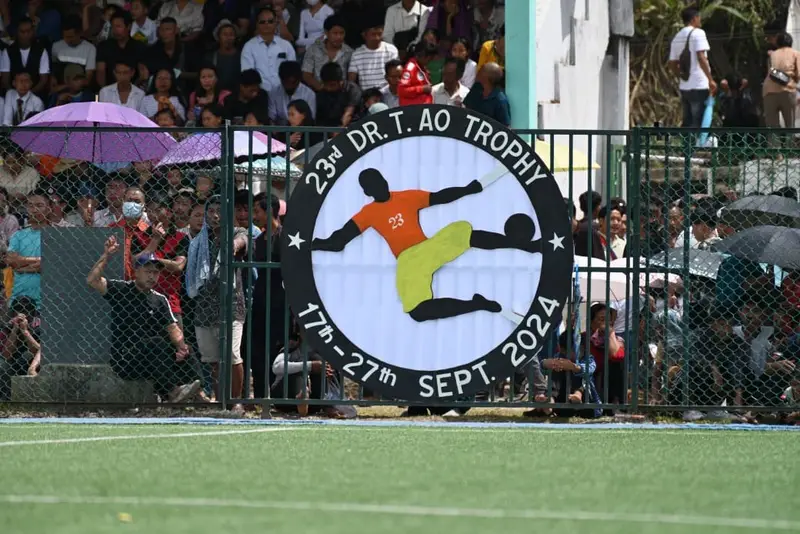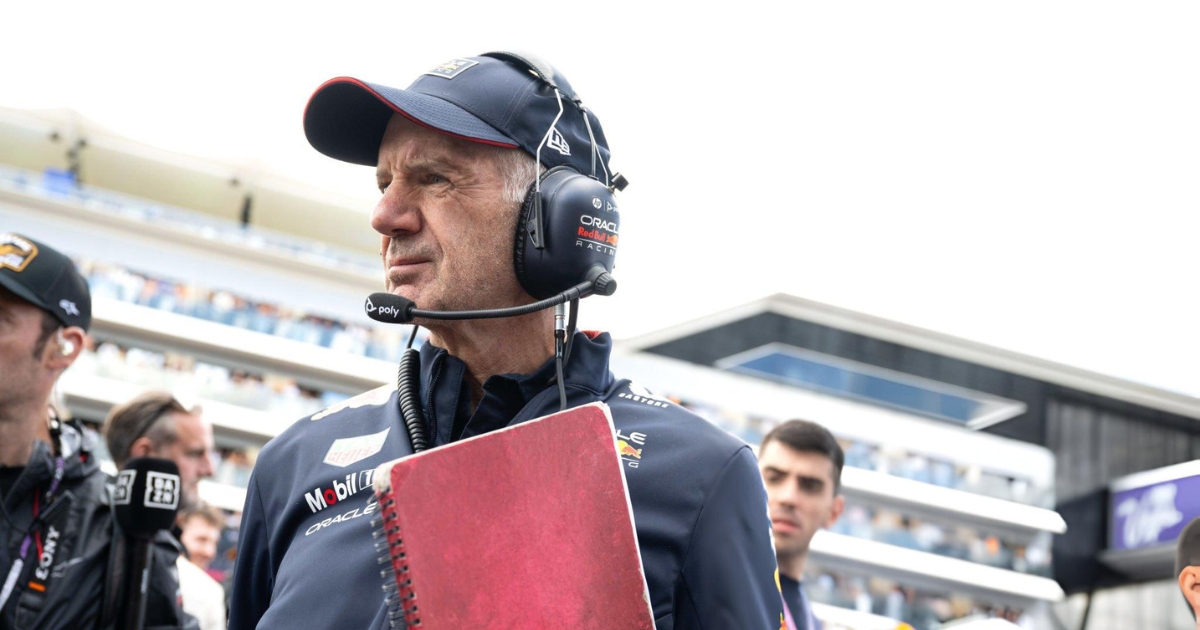Juventus finds itself navigating a delicate balance between financial prudence and maintaining a competitive squad. The club’s ongoing contract negotiations with first-choice goalkeeper Wojciech Szczęsny have become a focal point, highlighting the broader economic challenges facing elite football clubs in the current landscape.
Szczęsny, the Polish goalkeeper who has been a pillar of reliability for Juventus since joining in 2017, faces a critical juncture in his career. His current contract, which pays him an annual salary of 6.5 million euros, is set to expire in 2025.
Juventus, aiming to reduce its wage bill, proposed a one-year extension with a reduced salary of 4 million euros as per Tuttomercatoweb. However, Szczęsny firmly rejected the offer, unwilling to accept a nearly 40% pay cut.
The impasse with Szczęsny is part of a larger wage budget restructuring effort by Juventus to align with financial fair play regulations. The COVID-19 pandemic has significantly impacted the club’s finances, prompting a strategic reassessment of its salary commitments.
Also Read: Dimapur battered by fierce storm, leaving trail of destruction
Szczęsny’s situation is particularly noteworthy given his status as the second-highest earner in the team, behind only star striker Dušan Vlahović, according to Capology.
Juventus’ dilemma extends beyond mere numbers; it’s a question of recognising Szczęsny’s value to the team. His performances have been exceptional, raising doubts about whether his proposed wage reduction accurately reflects his worth.
The club has publicly acknowledged his contributions, labelling him one of their best players. For now, the decision to retain him is clear-cut. However, the future may see a younger goalkeeper join the ranks to share responsibilities and eventually take over.
Also Read: Cristiano Ronaldo Hat-Trick Fuels Al Nassr’s Dominant 8-0 Win
Szczęsny’s contract impasse mirrors the financial balancing act that many top-tier football clubs are grappling with. The challenge of maintaining on-field competitiveness while ensuring financial stability has become increasingly complex in the post-pandemic world.
As one of Serie A’s most dependable goalkeepers, Szczęsny’s stance could potentially attract interest from other clubs willing to meet his salary expectations. Juventus faces limited options: convince Szczęsny to stay on reduced terms, find a buyer, or prepare for his potential departure on a free transfer when his contract expires.
Also Read: Flash Floods Ravage Longsa Village, 182 Families Hit
The Szczęsny contract saga is a reflection of the intricate financial puzzle that Juventus, and many other elite clubs, must solve. Balancing sporting ambitions with economic realities is a challenge that will continue to shape the football landscape in the years to come.




